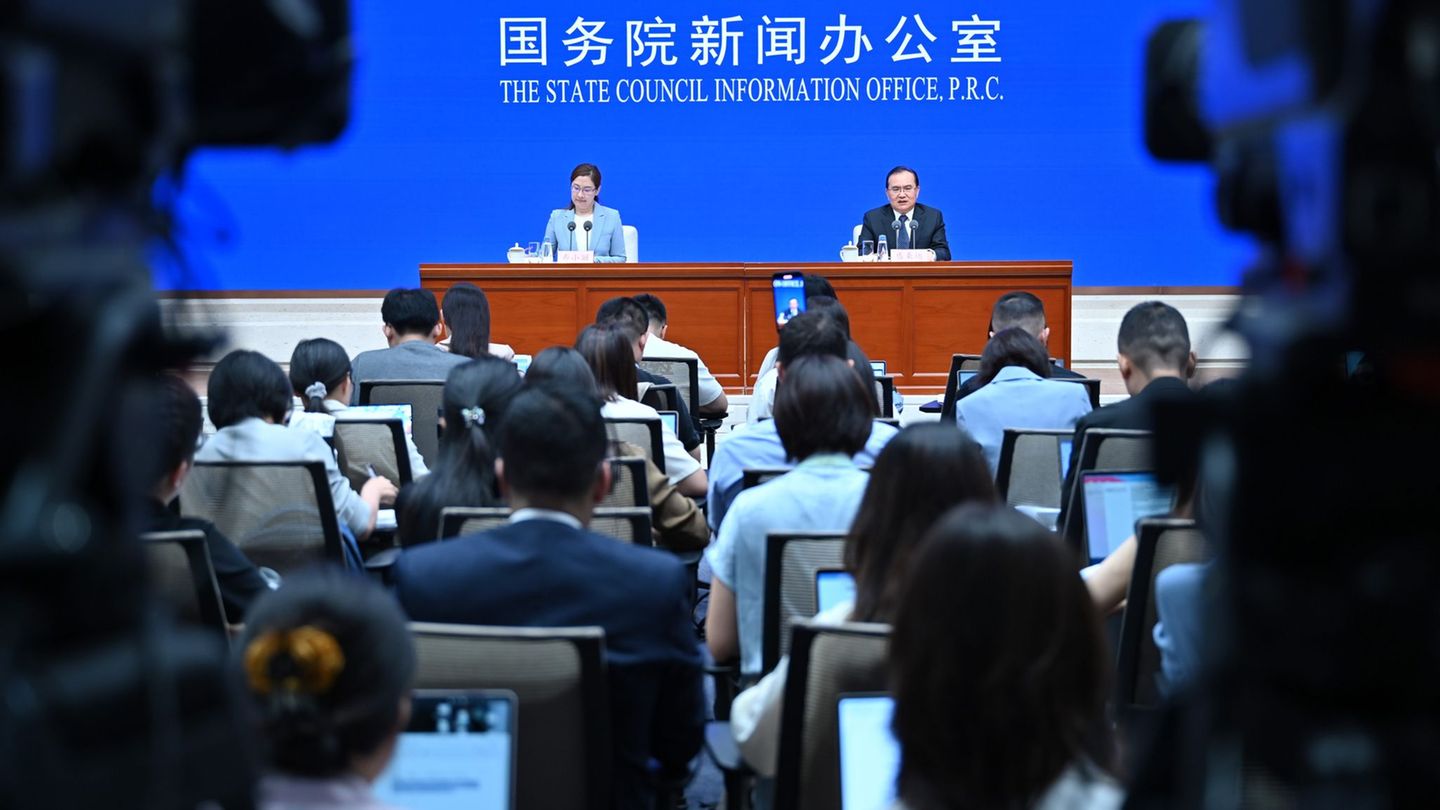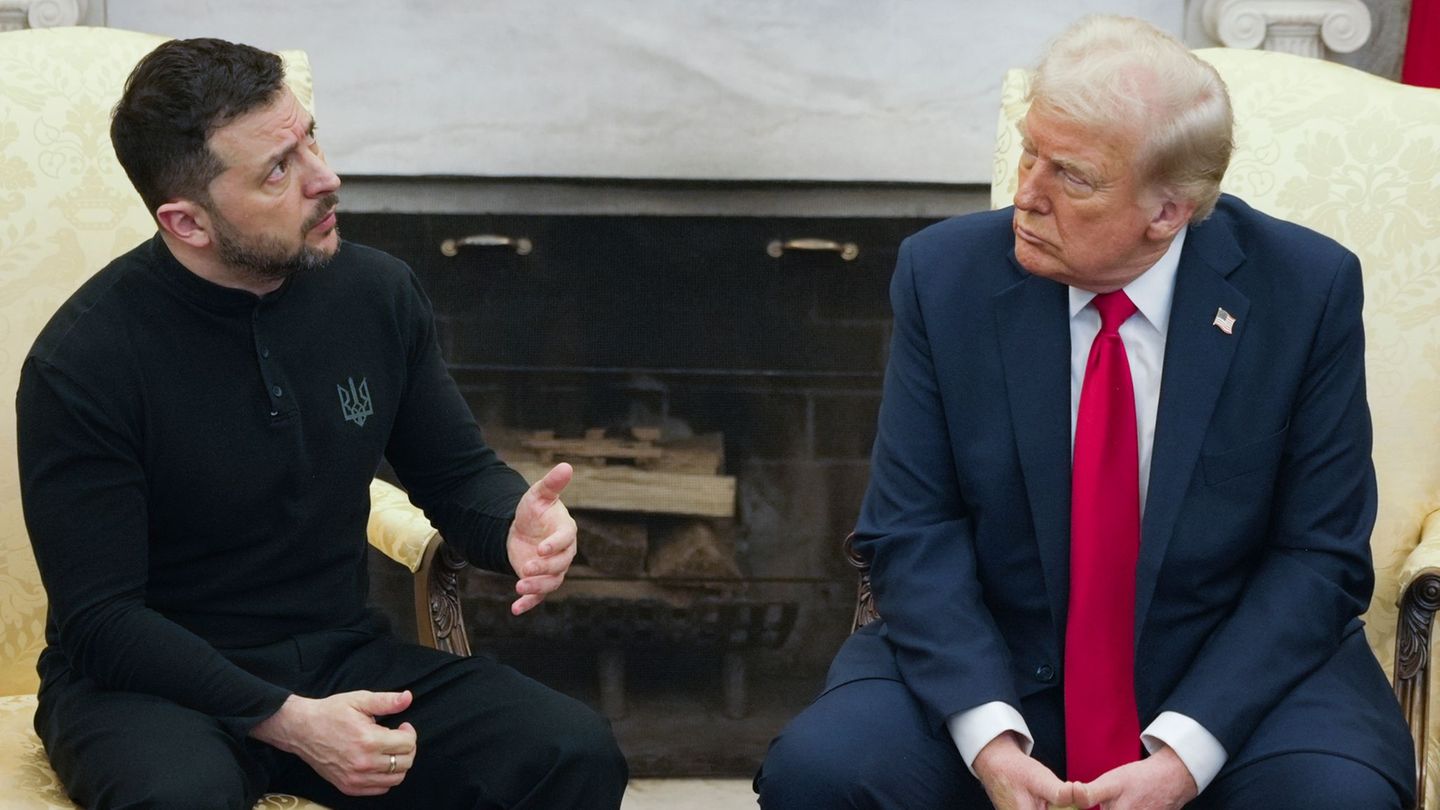The president of the Central Bank of Uruguay (BCU), Diego Labat, He pointed out that an 8% inflation rate has become customary in the country and that “this cannot happen.” In addition, he referred to the economic situation that Argentina, and the impact that this has on the national territory.
Uruguayans “are not aware of the damage that inflation ends up causing”, pointed out the president of the BCU in radio statements to Diamante FM, after the figures for May were released and a new drop in the Consumer Price Index (CPI).
Among the damages mentioned, he pointed out those in distributive issues, since “there are agents in society who have their income fixed and when inflation begins to rise, it clearly erodes their income, and Uruguay has had a series of mechanisms to index and protectbut overall are not enough for the whole society to protect itself”.
He also referred to the problems that this generates in the local microenterprises, due to the fact that when a small merchant suffers from inflation, this sometimes generates that he must have higher levels of stock of merchandise to protect himself. “That means put more capital, which makes your business more expensive. Inflation erodes and ends up eroding growth,” he stated.
For this reason, Labat affirmed that inflation should be “half of what it is now”. This is also related to the expectations that the BCU manages, placing this index at 4.5% —in May, and after an optimistic performance, it fell to 7.1%— in 2025.
The declarations of the president of the Central Bank raise the question of what can happen in the short term with interest rates: if the Monetary Policy Committee (Copom) will focus again on inflationary control, as suggested by the International Monetary Fund (IMF) in its 2023 annual evaluation —which would mean, if not an increase, at least keeping the rates frozen—; or if it will try to adequately respond to the demands of the exporting sectors for a competitive exchange rate, trying to push the dollar upwards with a drop in the Monetary Policy Rate (MPR).
The Argentine situation, another determining factor
Refering to economic situation that the neighboring country is experiencing, Labat said that he is on his way to the next presidential elections with “some imbalances in some issues, such as the exchange rate, inflation that has skyrocketed.” Likewise, he indicated that he has “a series of macro problems that he must solve and find solutions.”
Although the president of the BCU stressed that Uruguay “is no longer so dependent on Argentina”, and that “we are protected in any scenario” —in reference to a possible carryover effect of an economic crisis, as happened in 2022—; What is certain is that there is an impact on the border area.
Consulted from the opposite perspective, about the scenario that could open up before a new government in the neighboring country, Labat said that the Argentine exchange rate may have a different evolution but that Uruguay will not be affected, although “the trickle” is reflected at the border and in local tourism.
Source: Ambito




